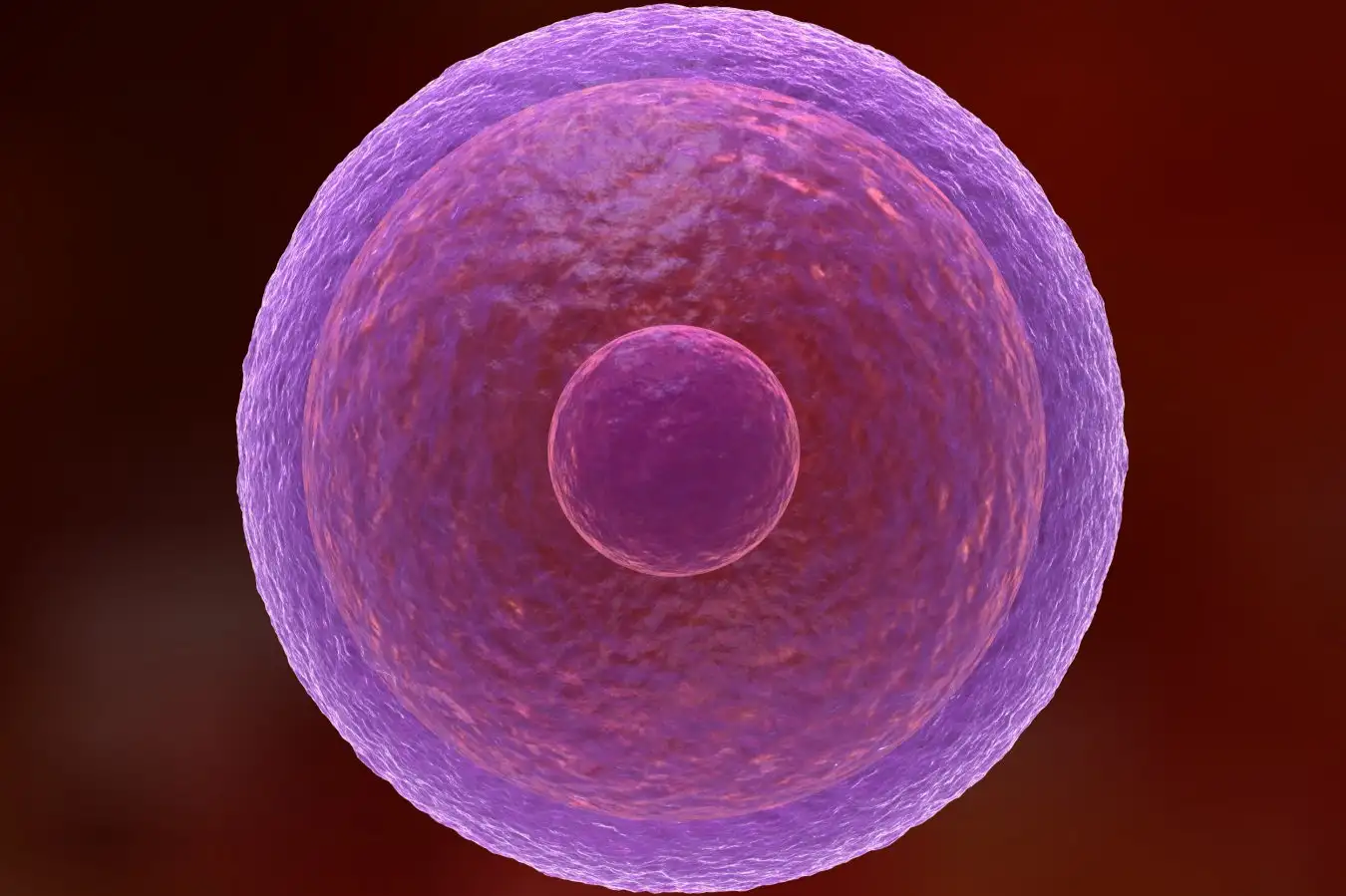Breakthrough in Human Egg Development from Skin Cells
A pioneering scientific achievement has been made with the successful creation of human eggs from adult skin cells. This advancement, known as in vitro gametogenesis (IVG), has the potential to revolutionize reproductive medicine. It offers hope to millions of women who struggle with infertility. By reprogramming skin cells into eggs that contain genetic material, researchers have opened the door to new possibilities. This is particularly significant for those unable to conceive naturally. The process involves advanced laboratory techniques that mimic natural reproductive development. It produces functional eggs that can undergo fertilization. This breakthrough goes far beyond traditional fertility treatments. It offers the possibility of creating genetically related children for individuals and couples who previously had no such option. For background on how reproductive technology is evolving, the National Institutes of Health offers detailed resources on genetic and cellular research.
Potential Benefits for Infertile Women and Same-Sex Couples
One of the most significant applications of this innovation is its potential to help women who cannot use their own eggs due to age or medical reasons. In the United States alone, the fertility industry generates billions of dollars each year. Treatments like in vitro fertilization (IVF) cost an average of $15,000 to $20,000 per cycle.
IVG could eventually reduce costs while expanding access to advanced treatments. Moreover, this technology could allow same-sex couples to have genetically related children. Unlike traditional reproductive methods, this outcome was previously unattainable. For example, eggs could be created from one partner’s skin cells and fertilized with the sperm of the other partner. This offers a new definition of family building.
The potential social and emotional impact is profound, as it provides opportunities for genetic parenthood that were previously unimaginable. To explore fertility support options available today, organizations like RESOLVE: The National Infertility Association provide guidance and resources for individuals and couples navigating infertility.
Ethical, Legal, and Future Considerations
Despite its promise, the creation of human eggs from skin cells raises complex ethical and legal challenges. Concerns about genetic abnormalities, embryo safety, and the possibility of so-called “designer babies” are at the forefront of public debate. Some experts caution against the misuse of this technology, including scenarios where genetic material could be replicated without consent. These concerns raise questions about ownership of DNA and reproductive rights.
Furthermore, questions of accessibility remain—if the technology advances to clinical use, it could command costs in the tens of thousands of dollars. This may potentially widen the gap between those who can afford cutting-edge fertility options and those who cannot. Ethical oversight and global regulation will be critical to ensure responsible progress.
For those interested in bioethics and reproductive law, resources from the Hastings Center and the World Health Organization provide extensive analysis on emerging biotechnologies. As research continues, the outcome of this innovation could transform reproductive science. It may reshape society’s understanding of family, genetics, and the future of human conception.







